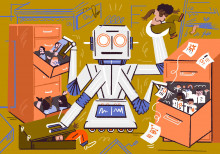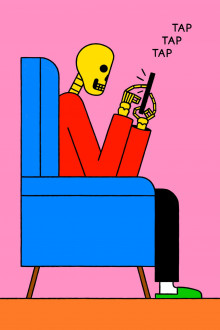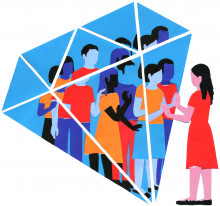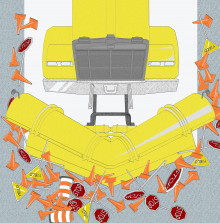Founding Fathers

Few Americans – or others for that matter – would argue that the American Revolution was one of the most iconic events of the last millennium. But we tend to have mixed feelings about the men (all men) at the center of the revolution.
That’s why I found Rick Atkinson’s recent piece, “Whey We Still Care About America’s Founders,” so compelling. Here is how he begins:
There’s a lot to dislike about the founding fathers and the war they and others fought for American independence.
The stirring assertion that “all men are created equal” did not, of course, apply to 500,000 black slaves — one in five of all souls occupying the 13 colonies when those words were written in 1776. Nor was it valid for Native Americans, women or indigents.
And yet, the creation story of America’s founding remains valid, vivid and exhilarating. At a time when national unity is elusive, when our partisan rancor seems ever more toxic, when the simple concept of truth is disputed, that story informs who we are, where we came from, what our forebears believed and — perhaps the profoundest question any people can ask themselves — what they were willing to die for.
What can we learn from that ancient quarrel? First, that this nation was born bickering; disputation is in the national genome. Second, that there are foundational truths that not only are indeed true, but also, as the Declaration of Independence insists, “self-evident.” Third, that leaders worthy of our enduring admiration rise to the occasion with acumen, grit, wisdom and grace. And fourth, that whatever trials befall us today, we have overcome greater perils.
There is a great deal more in his piece, which you can read at the link below, but if you are interested in the American Revolution, here are two books I highly recommend:
- “1776” by David McCullough
- “Six Frigates” by Ian Toll










